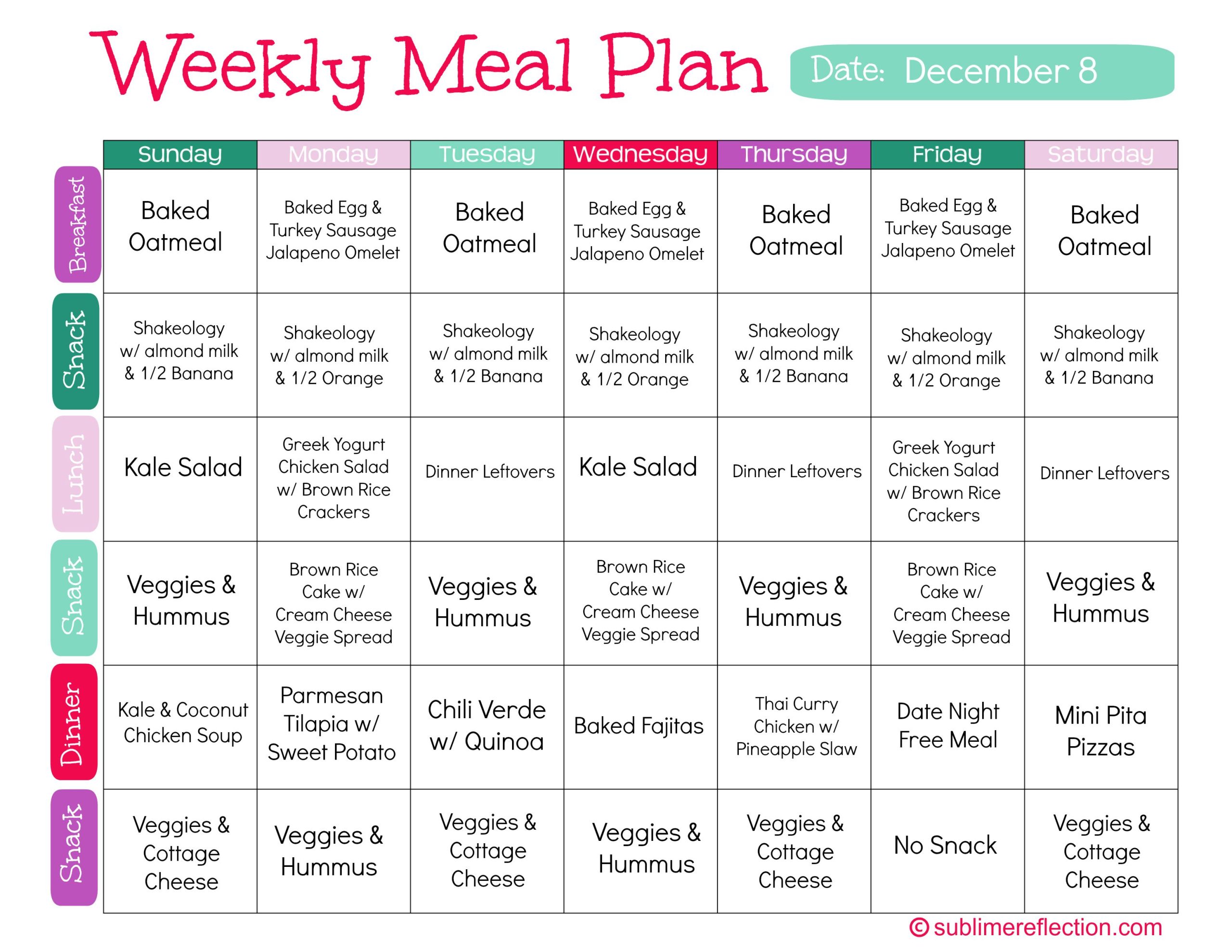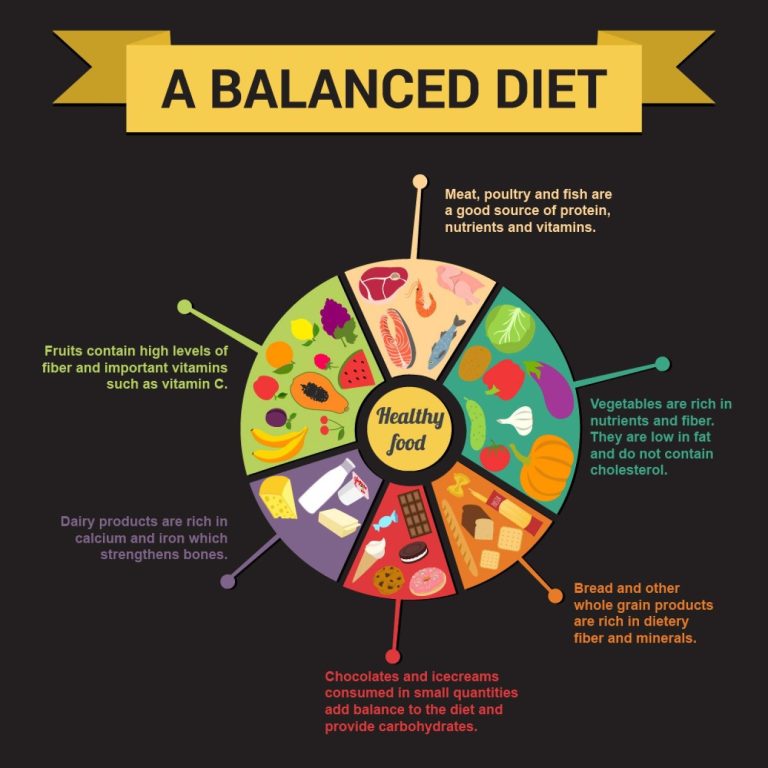Meal planning is an essential skill for anyone looking to improve their eating habits and save time and money in the kitchen. Whether you’re a beginner or an experienced cook, meal planning can be a game-changer. This article will guide you through the basics of meal planning, providing you with valuable tips and tricks to get started.
Benefits of Meal Planning
Meal planning offers a range of benefits that can help you achieve your health and lifestyle goals. Here are a few reasons why meal planning is worth considering:
Saves time: Planning your meals in advance allows you to streamline your cooking process and avoid last-minute decision-making. You’ll spend less time in the grocery store and more time enjoying your meals.
Improves nutrition: When you plan your meals, you have control over the ingredients and portion sizes. This helps you make healthier and more balanced choices.
Saves money: By planning your meals, you can buy ingredients in bulk and avoid wasting money on impulse purchases or take-out meals.
Reduces stress: Knowing what you’re going to eat throughout the week eliminates the stress of constantly having to make food decisions.
Getting Started with Meal Planning
Follow these steps to start meal planning effectively:
1. Set your goals
Before you begin meal planning, it’s important to establish your goals. Are you looking to eat healthier, lose weight, or save time? Identifying your objectives will help you tailor your meal plan accordingly.
2. Take inventory of what you have
Go through your pantry, refrigerator, and freezer to determine what ingredients you already have. This will help you avoid buying unnecessary duplicates and make use of what you already own.
3. Plan your meals around your schedule
Take into consideration your weekly activities, such as work, school, or exercise, when planning your meals. If you know you’ll have less time on certain days, opt for quick and easy recipes or prepare meals in advance.
4. Choose a variety of recipes
Try to include a mix of different recipes to keep your meals interesting and diverse. Include a balance of proteins, carbohydrates, and vegetables to ensure you’re getting all the essential nutrients.
5. Make a grocery list
Once you’ve decided on your meals, create a shopping list with all the ingredients you’ll need for the week. Stick to your list when you go grocery shopping to avoid impulse purchases.
6. Prep in advance
To save time during the week, consider preparing some ingredients or full meals in advance. Chop vegetables, marinate meats, or cook larger batches that can be portioned out for multiple meals.
7. Be flexible
Remember, meal planning doesn’t have to be strict. Allow room for flexibility and adjustments based on your changing preferences, social events, or unexpected surprises.
Conclusion
Meal planning is a valuable skill that can transform your eating habits and simplify your life. By taking the time to plan your meals in advance, you can save time, money, and reduce stress while improving your nutrition. Start with small steps and gradually build your skills – before you know it, you’ll become a pro at meal planning!









